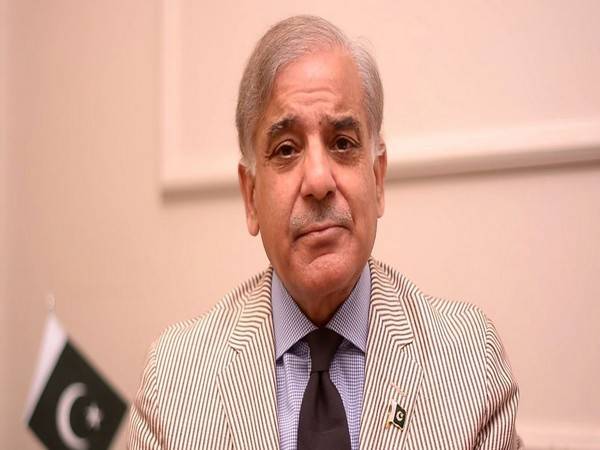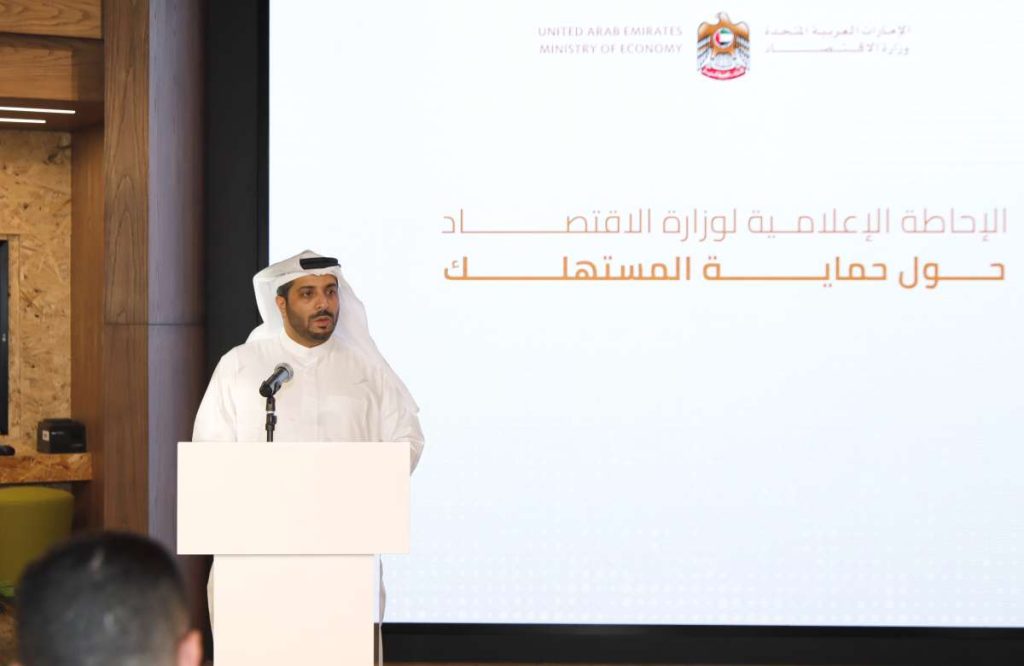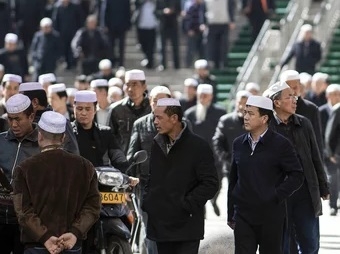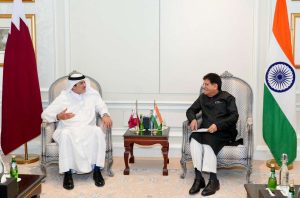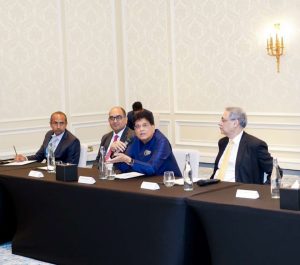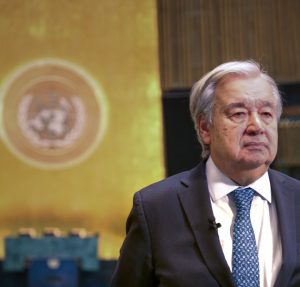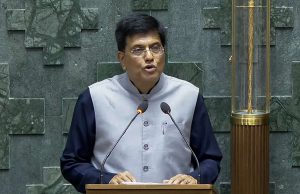Pakistanis are experiencing the toughest Ramadan ever as families are controlling their purchases, especially food items, due to affordability issues. Millions of families are facing a “serious challenge to arranging Iftari and Sehri for their dependents and would have to compromise their dignity by requesting loans from their kith and kin or opting for welfare organisations. Massive increases in electricity and gas rates have further multiplied consumers’ woes
Pakistan’s Catch-22 with the global lender International Monetary Fund (IMF) for a life-saving economic bailout has sent the prices of essential commodities soaring for its 200 million Muslims as they begin observing the holy Ramadan.
Far too many factors have crowded in to make Ramadan’s observance a survival challenge. Competing with the economic distress and indeed, worsening it, is the political situation. The word from Washington, the IMF Headquarters, is that “it has become a factor in delaying” the bailout.
Dawn newspaper from Washington reported (March 24, 2023) quoting “diplomatic sources” that all global lenders, particularly the IMF, “are seeking assurances from Pakistan that the future political setup in the country will respect any deal they sign with Islamabad.”
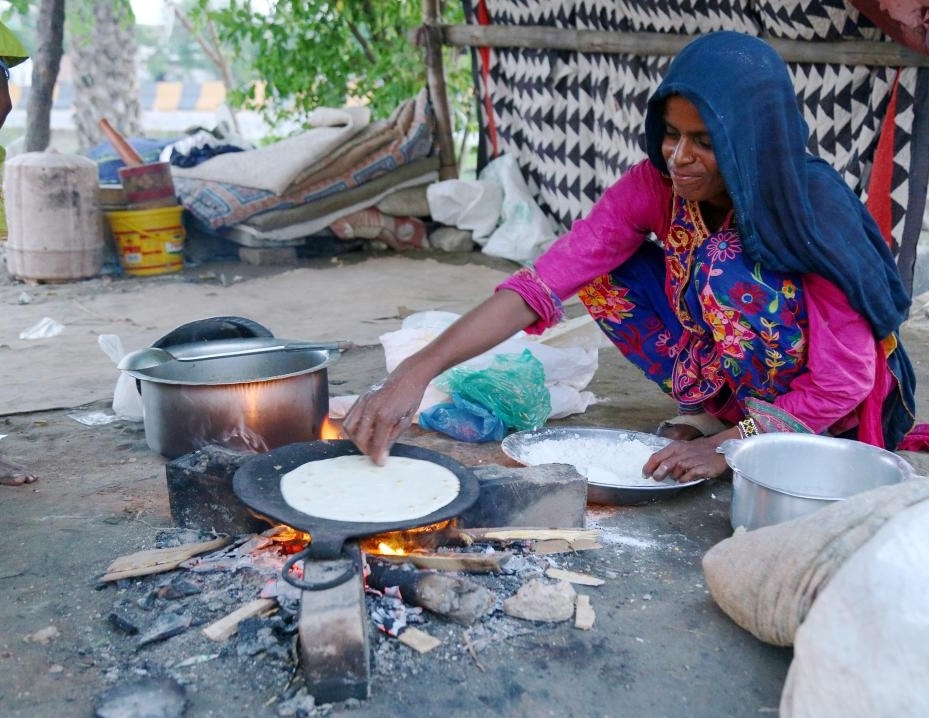
Finance Minister Ishaq Dar has complained of a “lack of trust” by the global lenders. Talks have been going on without an agreement for several months. It is feeding into anti-West/anti-US public sentiment on which the Shehbaz Sharif Government and its political opponents, otherwise at loggerheads, agree. Dar has blamed the IMF for ‘humiliation’, and the government’s reason for delaying national elections.
The IMF on March 23 clarified that there was “no requirement under Pakistan’s Extended Fund Facility-supported programme which could interfere with the country’s ability to undertake constitutional activities”.
It said that decisions regarding the constitutionality, feasibility and timing of provincial and general elections “rest solely with Pakistan’s institutions”.
The IMF responded to the Election Commission of Pakistan’s announcement postponing the Punjab Assembly elections by more than five months, citing financial and security constraints.
The Sharif Government has been delaying holding of elections till October this year, while the main opposition led by former Prime Minister Imran Khan insists on a snap poll. For several months, Pakistan has witnessed street battles and court disputes on this score.
The economic distress, fed by mismanagement by successive governments, is unprecedented. Khan delayed approaching the IMF for its 23rd financial bailout for nearly four years. The current situation has prompted commentator F S Aijazudin (Dawn, March 23, 2203) to call it “this fragile time of national insolvency.”
Pakistani media reports say at least two persons, exhausted after waiting in long queues to purchase wheat flour, have died. As households brace for a tough Ramadan, gas supplies have been cut in Karachi, Pakistan’s biggest city.
Many industries have closed production. Millions have lost jobs due to the economic slowdown and wages have remained stagnant for the past four years.
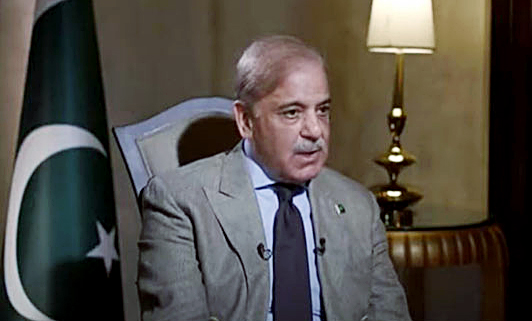
Feeding the public anger in these times are media reports that amidst economic slowdown and public misery, the western multinational corporations and their Pakistani subsidiaries that produce fast-moving consumer goods have posted huge profits and plan more investments. This indicates the widening rich-poor and urban-rural divide in Pakistan.
Domestic market surveys by newspapers indicate an 80 to 90 per cent hike, even doubling of prices compared to last year, of commodities that feed Muslim homes during Ramadan.
“Pakistanis are all set to experience the toughest Ramadan ever as families will have to limit their purchases, especially food items, due to affordability issues,” Dawn said on March 23, 2033.
Millions of families will be facing a “serious challenge to arranging Iftari and Sehri (food and drink consumed after and before fasting) for their dependents and would have to compromise their dignity by requesting loans from their kith and kin or opting for welfare organisations. Massive increases in electricity and gas rates have further multiplied consumers’ woes,” the newspaper said.
Inflation, measured by Sensitive Price Index (SPI), hit 41.07 per cent at the onset of March making survival “next to impossible” for the overwhelming majority of Pakistan, grimly forecasting that the month could end on a worse note.

